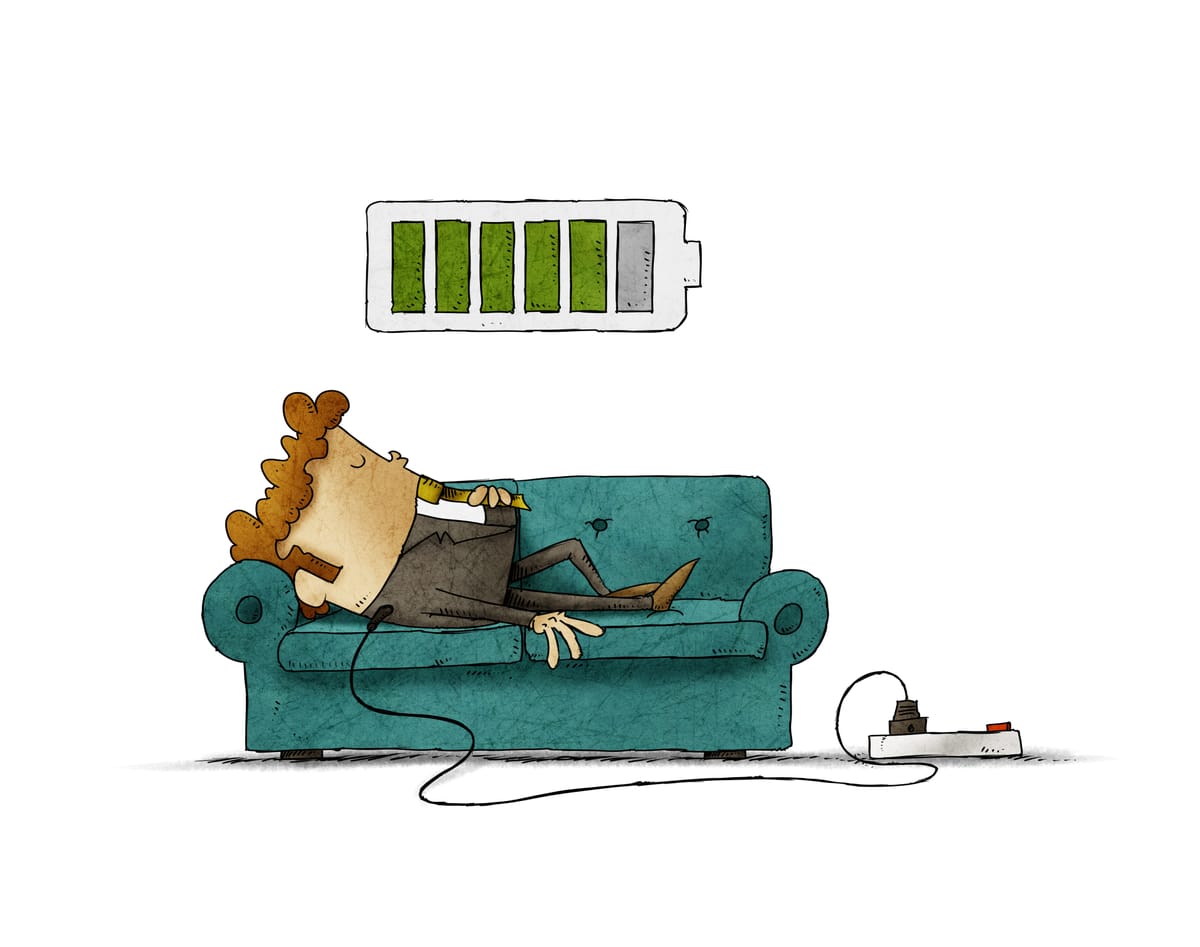The Ultimate Recipe for Better, More Restful Naps

We are a generation of tired, weary people. Naps are perhaps the best solution to this dilemma—but only if done right, so you actually get rest.
I've experienced it myself, regular naps can double your energy level in the latter part of the day.
But not all naps are created equal.
I'm sure you've experienced it—some naps leave you lethargic and groggy when it's time to finally wake up.
If you haven't yet had the perfect nap, you'll have to trust me—it's totally worth the wait.
“The perfect nap will leave you energetic, excited, and ready to face the rest of your day!”
If you want to experience better, more restful naps, you'll need to follow each of the following steps.
Not a napper? Read this first: The No-Nonsense Guide To Nap-Taking Objections
Step 1: Schedule Your Naps
If you don't schedule them, naps aren't going to happen on their own.
Life gets in the way, you wear yourself out, and the next thing you know it's 8 PM and you might as well wait and just hope for a restful night's sleep.
An added benefit to scheduling naps is that you can sync up with your body's circadian rhythm. If you take a nap around the same time each day, your body will be internally ready to rest.
Step 2: Dim the lights
Even with your eyes closed, darkness is critical for restful sleep.
During the day, dark blinds make a big difference—but for good measure, use a thick blanket to cover your skin.
A few months back, I started wearing a sleep mask, and now I'm more comfortable, fall asleep faster, and feel more rested when I awake.
Step 3: Get Cozy in Bed
When you fall asleep, your body temperature drops.
Cover yourself with a blanket even if you don't feel cold when you first lie down.
My secret ingredient to a perfect nap? Wear thick, woolen socks.
I don't typically wear socks at night, but during the day it's a trigger for my body to quickly switch into naptime mode.
Step 4: Keep Your Naps Short
This is where most people go wrong—a 20-minute nap is actually more restful than a 30, 40, or even 60-minute nap would be.
Sleeping for about 20 minutes allows your body to enter stage 2 sleep, which “enhances alertness and concentration, elevates mood, and sharpens motor skills.” (Source)
If you nap for more than 20 minutes, you might as well sleep for an hour and a half—that's the average full REM cycle, and anything less will leave you waking up groggy.
When I nap, I set a timer for 28 minutes. That’s just enough time to wind down, calm my breathing, and fall asleep with just over 2o minutes until my alarm goes off.
A quick review:
- Schedule Your Naps
- Dim the Lights
- Get Cozy in Bed
- Keep Your Naps Short
That's it! A pretty simple recipe—but leave one step out, and you may not be happy with how you feel when you wake up.
What are you doing each day to get the rest that your body needs most?
